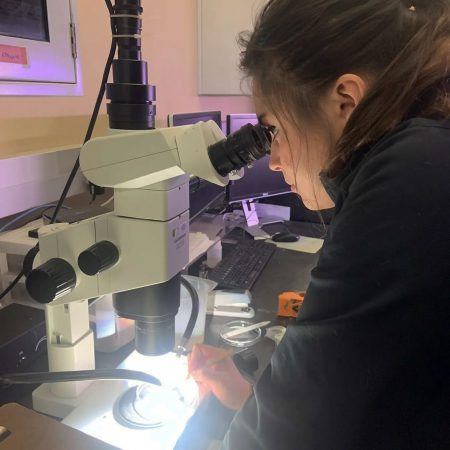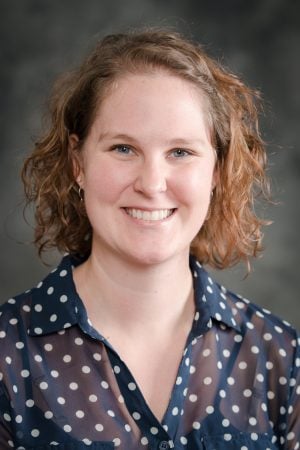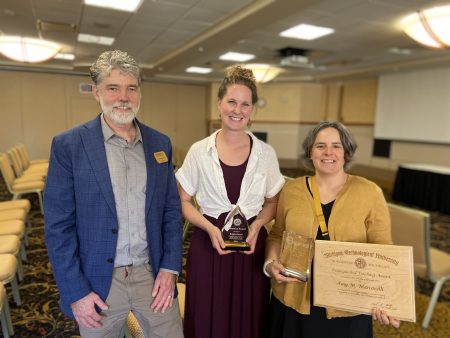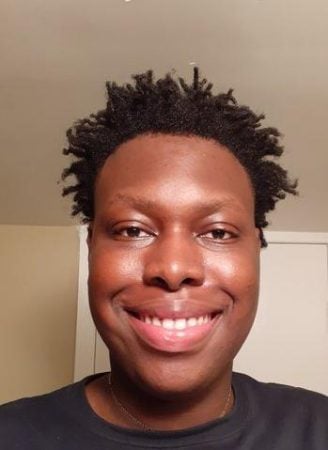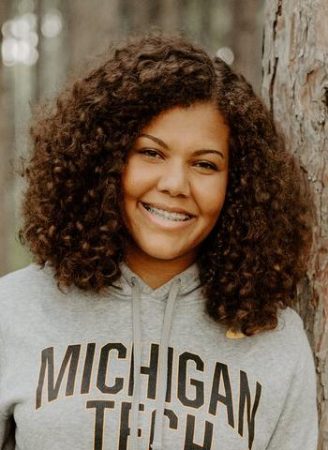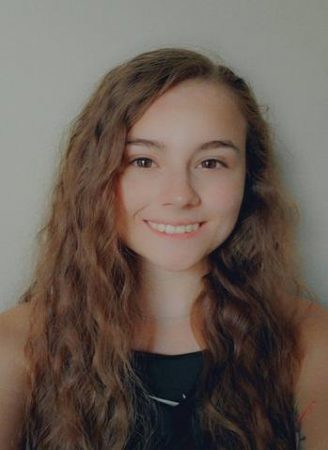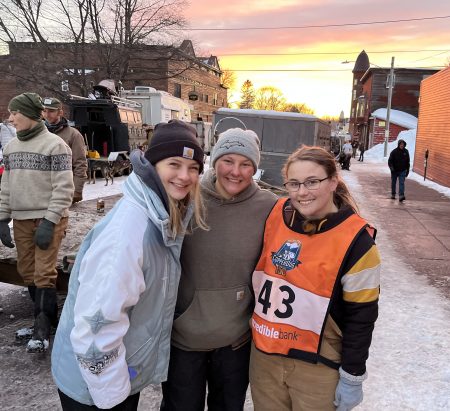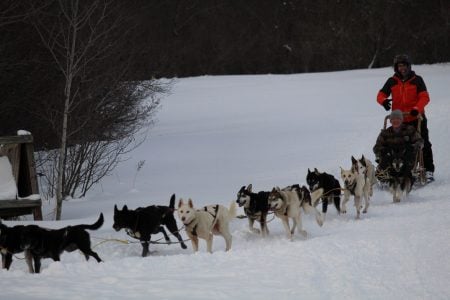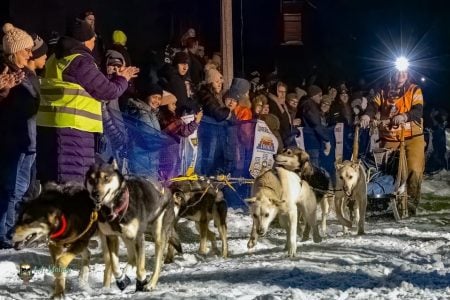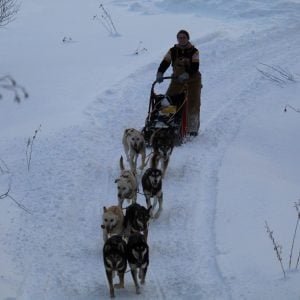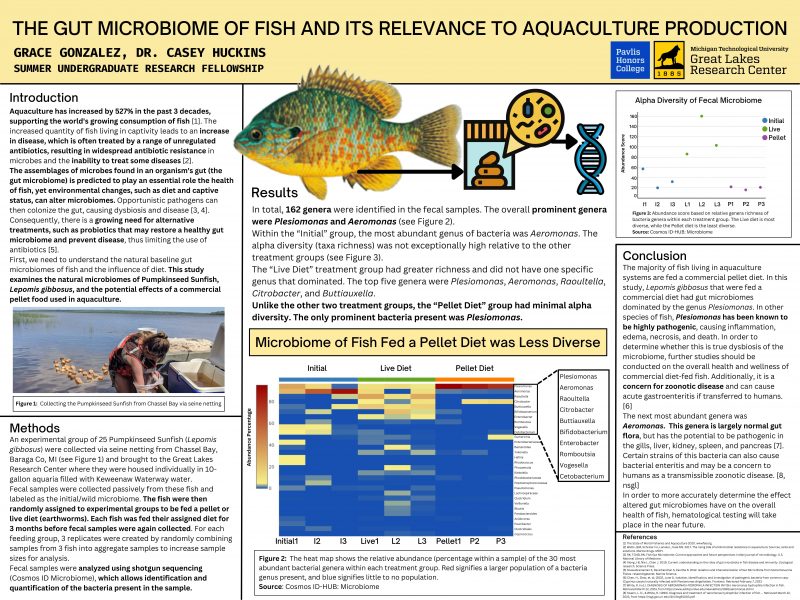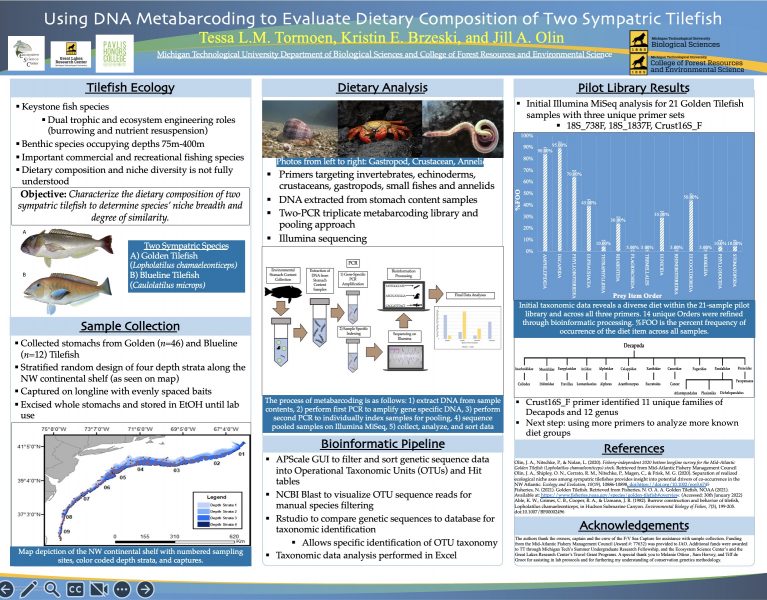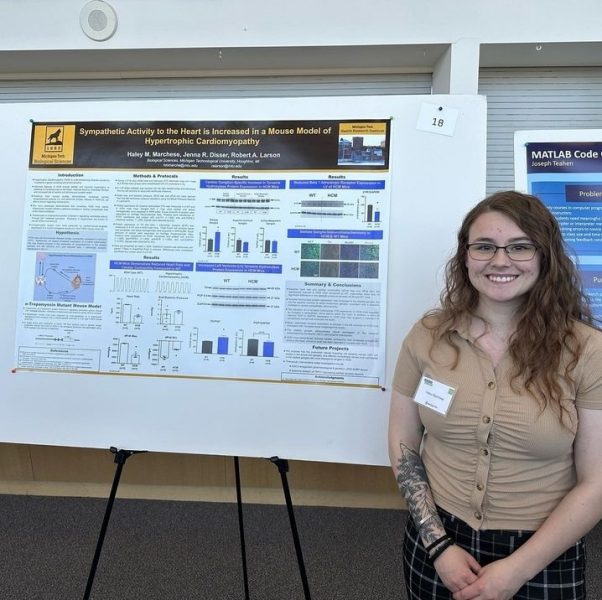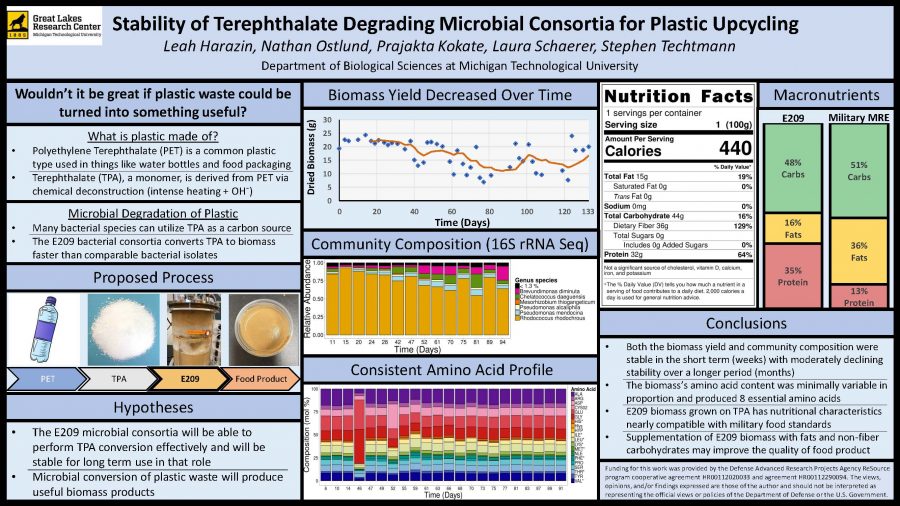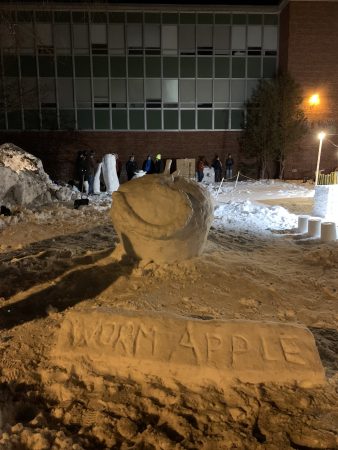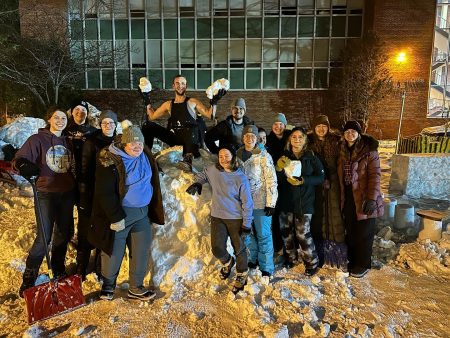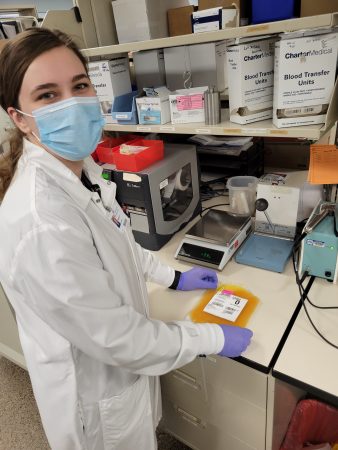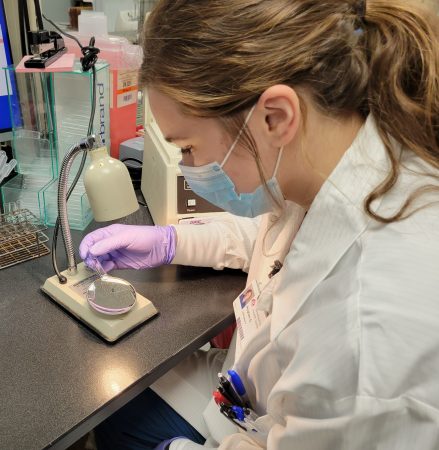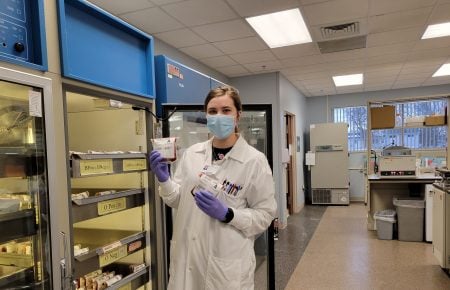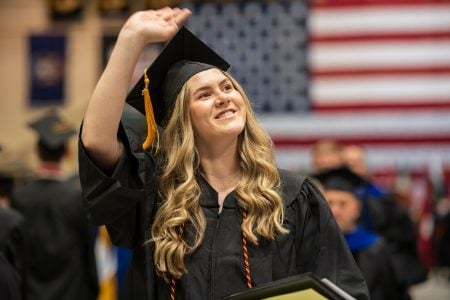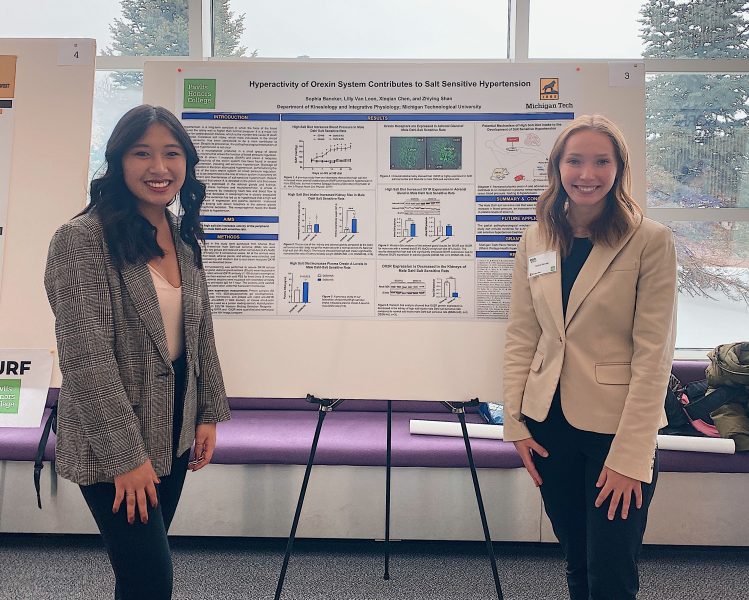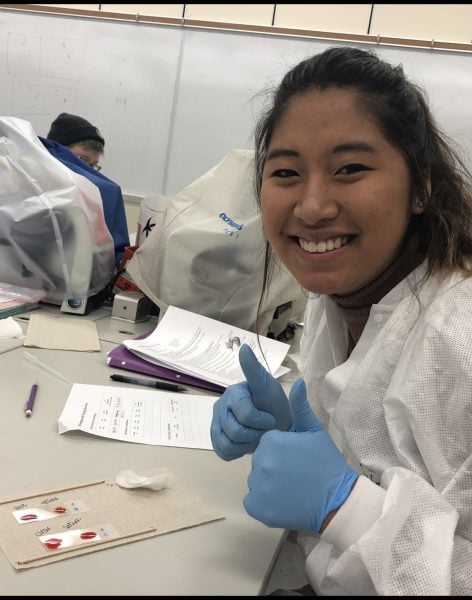Grace Gonzalez graduated from Michigan Tech’s Medical Laboratory Science program in 2023, but her passions didn’t end with only MLS. During her time at Michigan Tech, Gonzalez delved into her interests in human medicine as well as animal care. She began doing aquatic research with Biological Sciences professors Dr. Casey Huckins and Dr. Jill Olin, started Michigan Tech’s Aquarium Society, and even volunteered at the local wildlife rehab, just to name a few. Now, she is beginning her journey into veterinary medicine at Cornell University’s College of Veterinary Medicine. Read more about Grace’s experiences at Michigan Tech, what inspired her to lead this journey, and those who supported her along the way—including MLS’s Claire Danielson, Sarah LewAllen, and Brigitte Morin—on our Pre-Health Professions blog post From Fish Tanks To White Coats: Grace’s Vet School Journey.
About the Biological Sciences Department
Biological scientists at Michigan Technological University help students apply academic concepts to real-world issues: improving healthcare, conserving biodiversity, advancing agriculture, and unlocking the secrets of evolution and genetics. The Biological Sciences Department offers seven undergraduate degrees and three graduate degrees. Supercharge your biology skills to meet the demands of a technology-driven society at a flagship public research university powered by science, technology, engineering, and math. Graduate with the theoretical knowledge and practical experience needed to solve real-world problems and succeed in academia, research, and tomorrow’s high-tech business landscape.
Questions? Contact us at biology@mtu.edu. Follow us on Facebook and Instagram for the latest happenings.
